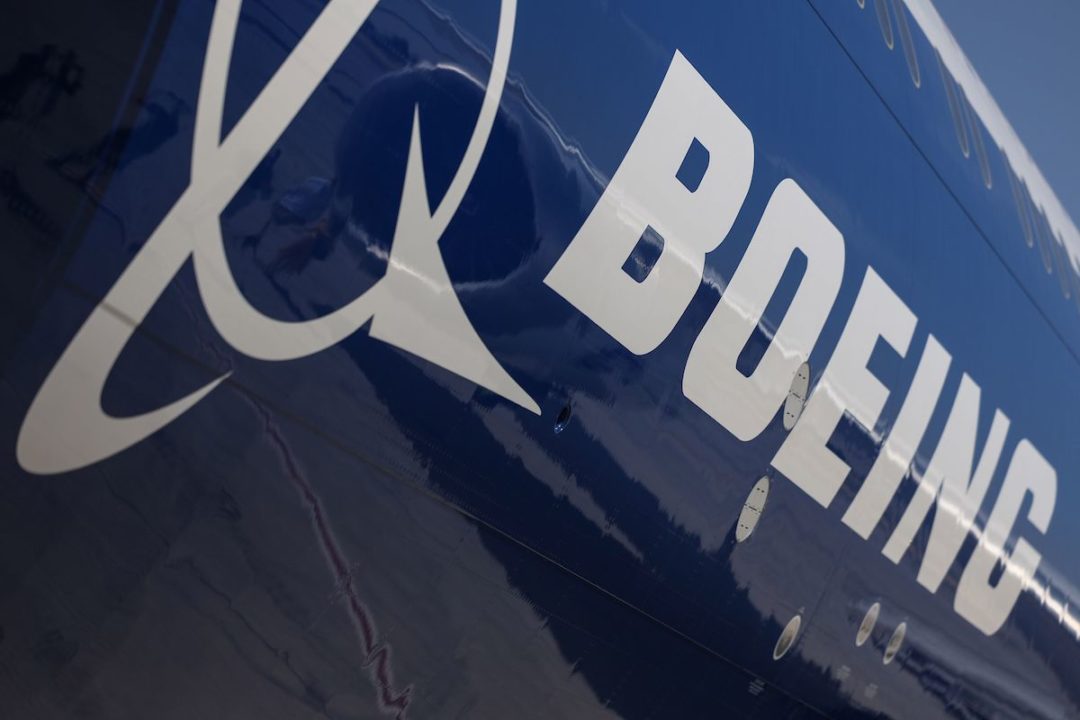
Visit Our Sponsors |
|
|
|
|
|
|
|
|
|
|
|
|
|
|
|
|
|
|
|
|
|
|
|
|
|
|
|
|
|
|
|
|
|
|
|
|
|
|

Melrose Industries Plc sees a stretched supply chain holding back even stronger growth at the U.K. aerospace firm and challenging plane manufacturers in their push to meet delivery targets.
Peter Dilnot, who takes over as Melrose’s chief executive officer in March 2024, said that while the supply hitches are boosting after-market demand, they’re limiting planemakers’ ability to build jets.
“The world’s got back onto aircraft much faster than anyone expected,” Dilnot said in an interview after Melrose reported earnings November 16. “Boeing and Airbus can’t keep up with the demand. You’ve got a combination of a gap in supply, increasing demand and the industry having supply chain issues.”
The biggest supply snags side concern engines, and particularly forgings and castings, said Dilnot, who’s currently chief operating officer. Melrose became a pure aerospace company with the spinoff of its auto division earlier in 2023 and a pivot away from a model of acquiring other companies.
Supply chain hiccups are plaguing both aircraft manufacturers, with Boeing battling quality lapses at supplier Spirit AeroSystems Holdings Inc. while Airbus contends with potentially flawed components on Pratt & Whitney engines powering its A320neo aircraft. Melrose is the latest industry participant to cast doubt on the ability of the planemakers to meet full-year delivery targets.
Read more: Airbus Sees Higher Output in 2024 Amid Surging Demand
Airbus said last week that it’s confident of meeting its delivery target for 2023, and plans to raise output next year. It’s targeting 720 deliveries this year, and handovers stood at 559 at the end of October. Boeing recently lowered its projection and now plans to ship at least 375 of its 737 narrowbodies in 2023. It was 70 shy of the target at the end of last month.
Whether or not the manufacturers meet those goals shouldn’t affect Melrose’s own results, Dilnot said, as parts like wings are attached well before an aircraft is shipped. Melrose raised its guidance November 16, saying it expects full-year revenue of 3.3-3.4 billion pounds ($4.1-$4.2 billion).
The flipside of overstretched supply chains is booming after-market demand, Dilnot said. Older aircraft are flying for longer, requiring more shop visits. That’s leading to higher pricing, which benefits Melrose through its risk-and-revenue-sharing partnerships with engine makers like Pratt & Whitney.
Melrose, which has a 4% share in Pratt & Whitney’s GTF engine through such a partnership, is in talks with the company over the extent of its liability for the cost of fixing problems with the engine. Melrose previously said its share would be about 200 million pounds over four years, but Dilnot said negotiations continue over whether it should be liable for the full 4% as “this is very clearly a Pratt & Whitney manufacturing process issue.”
Despite the problems, Melrose stands by the GTF and considers it a good engine, he said. Some of the repair work on the GTF issue is going slightly quicker than expected, he added.
RELATED CONTENT
RELATED VIDEOS
Timely, incisive articles delivered directly to your inbox.

